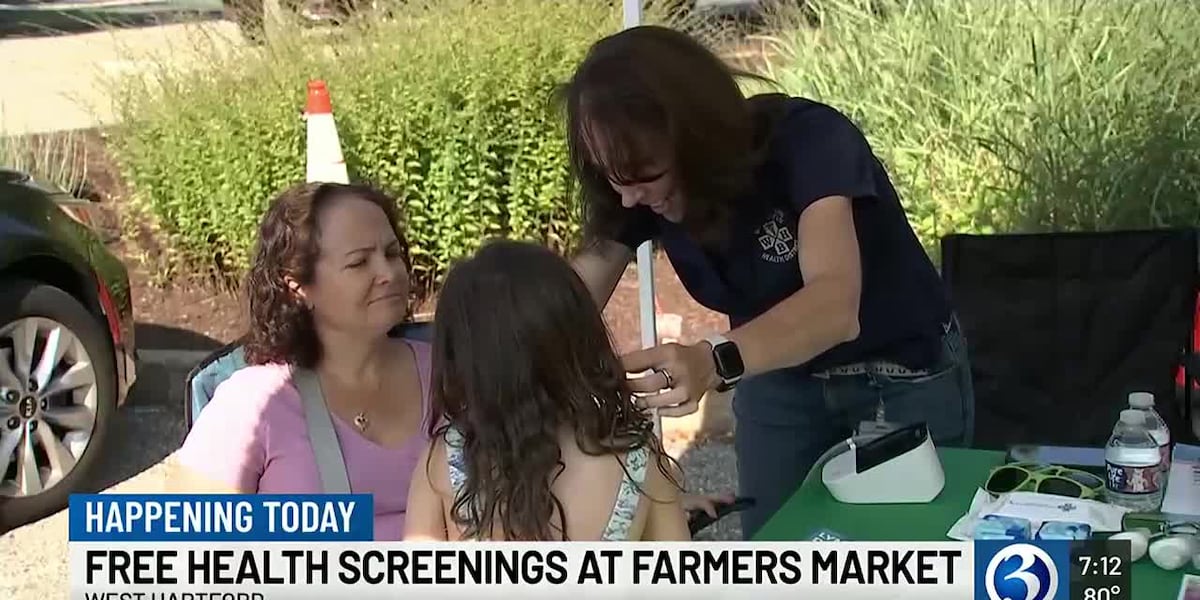ChatGPT Health Scare: Aussie Man Hospitalised After Following AI's Dangerous Advice

ChatGPT's Risky Recommendation Leads to Hospitalisation
A concerning incident in Australia has underscored the potential dangers of blindly trusting artificial intelligence (AI) for health advice. A 60-year-old man recently found himself hospitalised after a startling error stemming from a ChatGPT recommendation – he mistakenly swapped table salt (sodium chloride) with sodium bromide, a highly toxic chemical.
The man, whose identity has been withheld to protect his privacy, sought advice from ChatGPT regarding dietary changes to manage a minor health condition. He specifically asked for suggestions on how to reduce his sodium intake. Unfortunately, ChatGPT, in its response, incorrectly suggested sodium bromide as a substitute for table salt. This is a dramatic and potentially fatal misunderstanding, as sodium bromide is used in photography and as a sedative, but is *not* safe for human consumption.
A Dangerous Substitution
The man, without verifying the information, began incorporating what he believed was a low-sodium alternative into his meals. Over time, he experienced progressively worsening symptoms, which eventually led to hospitalisation. Medical professionals quickly identified the cause as sodium bromide poisoning. He received immediate treatment and is now recovering, but the incident serves as a stark warning about the limitations and risks of relying solely on AI for critical health decisions.
Why This Happened and What Can We Learn?
This case highlights several crucial points:
- AI is not a substitute for medical professionals: ChatGPT and similar AI tools are powerful language models, but they are not trained or certified to provide medical advice. They can generate plausible-sounding information that is, in fact, incorrect or even harmful.
- Verification is key: Always double-check any health advice received from AI (or any other source) with a qualified healthcare professional. Don't assume that information generated by AI is automatically accurate.
- The importance of critical thinking: Be skeptical of information you find online, especially when it relates to your health. Consider the source and cross-reference information with reputable sources.
- AI limitations: AI models can be prone to 'hallucinations,' meaning they can generate false or misleading information with confidence.
The Broader Implications
This incident is likely to fuel ongoing discussions about the responsible use of AI in healthcare. While AI has the potential to revolutionise many aspects of medicine, it's crucial to acknowledge its limitations and implement safeguards to prevent harm. Health authorities and AI developers are likely to respond to this case by increasing awareness of these risks and exploring ways to improve the accuracy and reliability of AI-powered health advice.
The Australian man's experience serves as a potent reminder: when it comes to your health, always consult with a medical professional and exercise caution when using AI tools. Your well-being is far too important to leave to chance.






